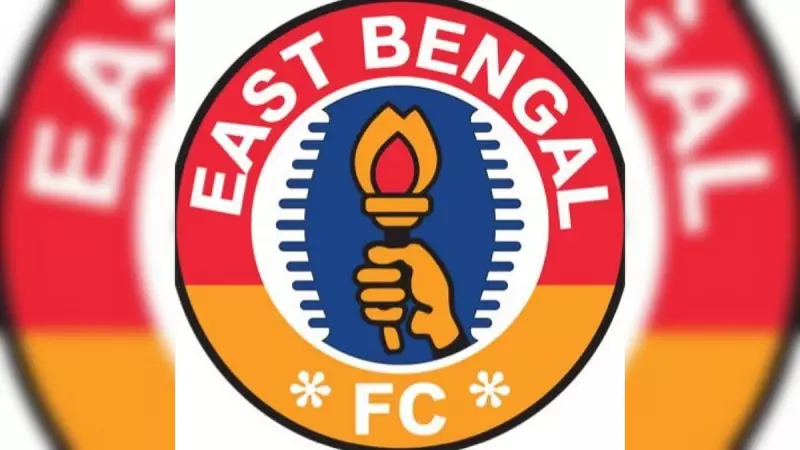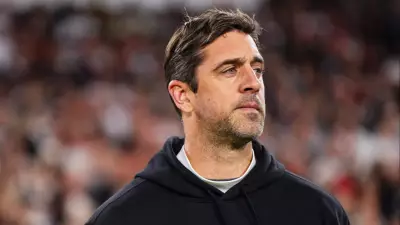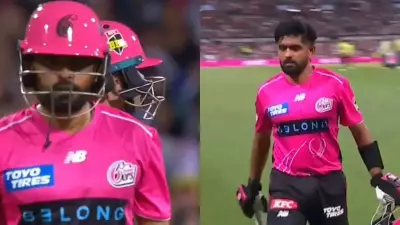
One of India's most historic football clubs has taken its concerns directly to the country's highest office in a dramatic move to save the national sport. East Bengal FC has formally approached Prime Minister Narendra Modi seeking immediate intervention for the revival of Indian football.
Club's Urgent Appeal to Prime Minister
The iconic Kolkata-based football club expressed deep concern about the current state of the sport in India, particularly highlighting the delayed start of the Indian Super League (ISL) season. In their appeal dated November 20, 2025, the club management emphasized that the continued postponement of the country's top-tier football league has created widespread anxiety across the football community.
East Bengal officials described the situation as causing "deep distress" among multiple stakeholders, including players, club management, football officials, and most importantly, the millions of passionate supporters across the nation. The club's direct approach to the Prime Minister's Office underscores the severity of the crisis facing Indian football.
Growing Concerns Over ISL Delay
The indefinite delay of the ISL season has raised serious questions about the future of professional football in India. As the nation's premier football competition, the ISL's failure to commence as scheduled has left players in professional limbo and clubs facing significant financial and operational challenges.
Football enthusiasts and industry experts have been increasingly vocal about the negative impact of the delay on the sport's development. The uncertainty has particularly affected player contracts, training schedules, and the overall growth trajectory that Indian football had been experiencing in recent years.
Broader Implications for Indian Football
East Bengal's appeal to the Prime Minister represents more than just club-level concerns. It highlights systemic issues that threaten to reverse the progress Indian football has made over the past decade. The club's intervention signals a critical juncture for the sport, where government support may be necessary to prevent long-term damage.
The football community now awaits the government's response to this unprecedented appeal. Many see this as a potential turning point that could shape the future of Indian football infrastructure and development for years to come. The outcome could determine whether the sport continues its growth story or faces a significant setback.
As the situation develops, all eyes remain on the response from the Prime Minister's Office and the subsequent actions that might follow to address the growing crisis in Indian football.





